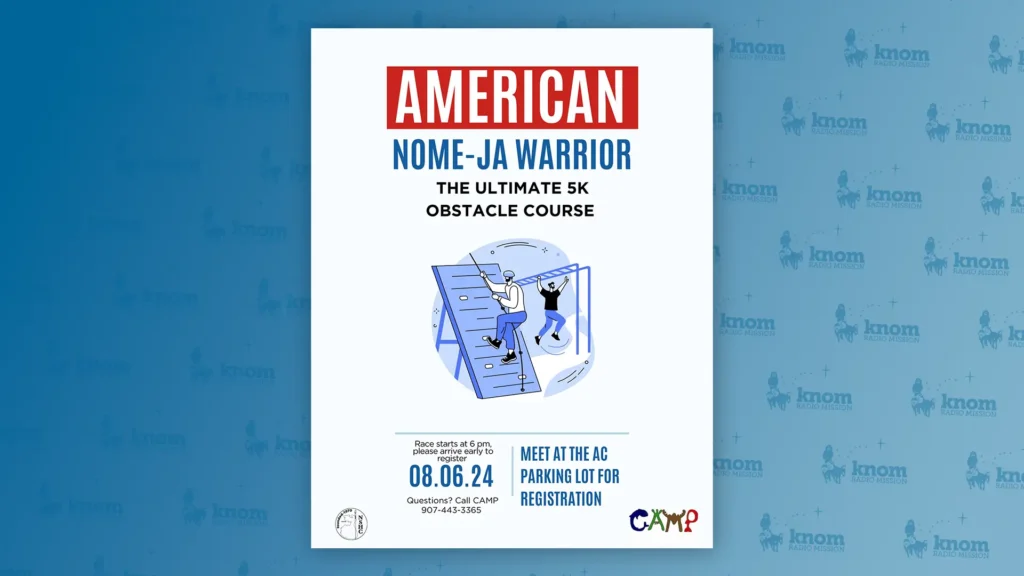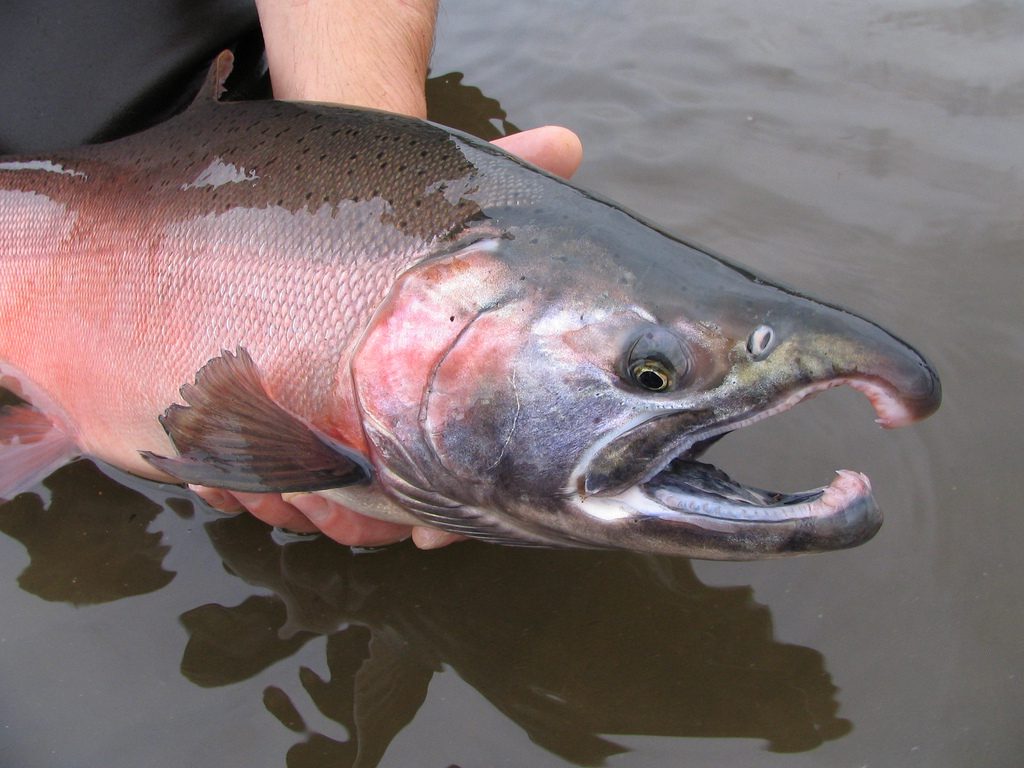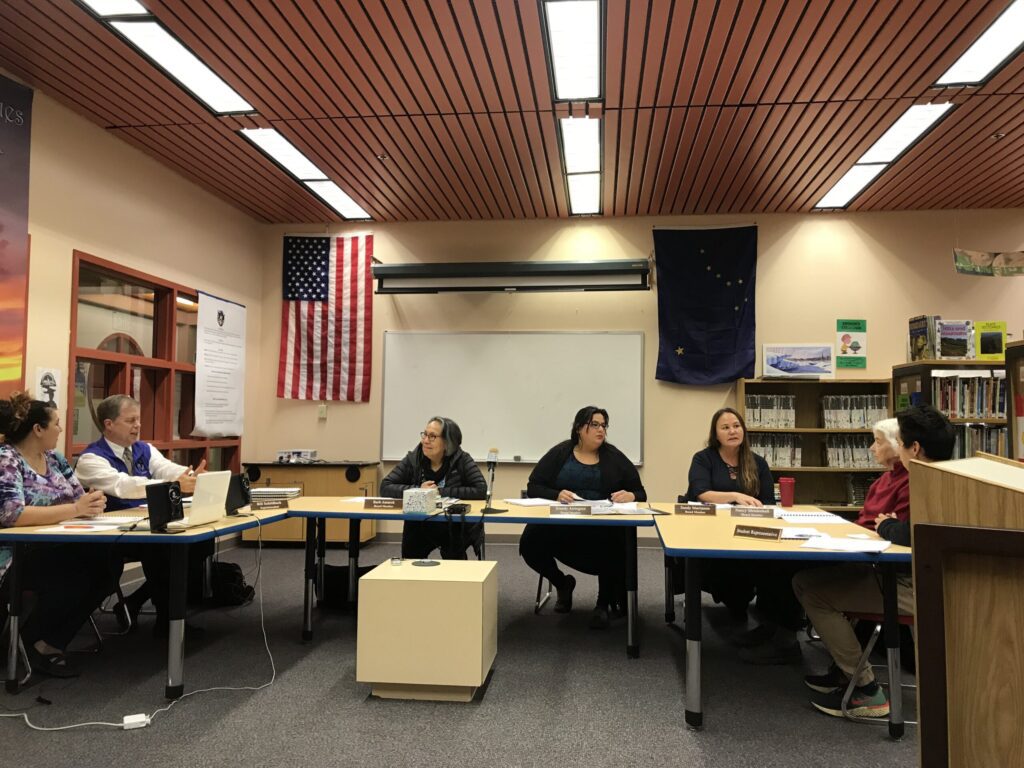As final counts in Alaska’s election move closer, the results were often similar but amplified in western Alaska—but in one major race, the candidates favored by voters failed statewide.
In the race for the U.S. Senate, voters in the Bering Strait/Norton Sound (House District 39) region chose Democrat Mark Begich over Republican dan Sullivan. With roughly 5,200 votes cast, more than 70 percent went to Begich, with about 20 percent going to Sullivan. The remaining 10 percent went to other candidates and write-ins.
Despite the Begich support, Sullivan still maintains a roughly 8,000 vote lead over Beigch statewide.

But in other races, western Alaska voters more or less followed statewide voting trends, and in many cases, the votes were more decisive. Turnout was higher, as well, with just under 49 percent of voters making it to the polls (the statewide average was below 45 percent).
The “yes” vote on legal marijuana was stronger in western Alaska than elsewhere in the state. Of the approximately 5,000 ballots cast for the issue, 57 percent went to legalizing the drug, with 43 percent voting against. That compares to a much closer split statewide, which saw the “yes” vote take about 52 percent in favor to 48 percent opposed. The vote was similar in Nome, with 525 votes “yes” and 406 votes “no,” meaning 56 percent cast ballots in favor of legalizing the drug with 43 percent against.
The Bill Walker and Byron Mallott “unity” ticket for governor saw more support in western Alaska, with the unaffiliated ticket taking about 54 percent of the vote, compared to less than 48 percent statewide. The Republican ticket of Sean Parnell and Dan Sullivan, by contrast, took about 36 percent of voters in the western half of the state, compared to 46 percent statewide.
Local fisherman Eric Osborn reflected that regional preference.
“I voted for Walker and Mallott,” he said. “I really hope we retire Mr. Parnell and get to a more open and democratic administration in Juneau.”
With the statewide totals still unofficial, and the Walker/Mallott campaign barely 1 percent ahead of the Parnell/Sullivan campaign, the race remains far from over.
The minimum wage initiative, Ballot Measure 3, saw a landslide victory in western Alaska, with 88 percent of voters choosing “yes” to increase the wage by a dollar per year over the next two years.
In the vote for House, western Alaskans more strongly favored reelecting Don Young, giving him nearly 62 percent of the vote, compared to 52 percent statewide. That left Democratic challenger Forrest Dunbar collecting fewer votes in the region, taking just 33 percent of the vote; statewide, Dunbar took 40 percent.
Ballot Measure 4, the vote to put the Bristol Bay salmon watershed behind legislative approval of any mining interest, was tighter in the west than elsewhere. The vote was a solid 60/40 “yes/no” split, slightly closer than the statewide 65/35 “yes/no” split. Nome resident John Schneider voted “yes.”
“I think Bristol Bay needs to be protected. I’m not particularly in favor of government control of independent business, but this is a big deal because if Bristol Bay is contaminated it’s going to have massive effects on the lifestyle of many of our people in Alaska, and Alaska in general.”
The Yukon-Kuskokwim Delta region saw similar support for Begich, if slightly stronger support for Sullivan: Begich took an equal 70 percent of the vote, with Sullivan taking 25 percent, slightly more than his Bering Strait share. But voters in the YK region were a mirror when it came to the statewide marijuana vote, rejecting the legalization effort with 57 percent voting “no” to just 48 percent voting yes. (Flipping the numbers more closely matches the 52 percent “yes” vote that carried the state.)
After a long and expensive election season, Nome’s Raymond Paniataaq echoed the sentiments of many when he said he was happy it was all finally over.
“I’m glad the mud slinging is over between all the candidates,” he said, “and now hopefully all the weird phone calls from back east or wherever is over with.”







